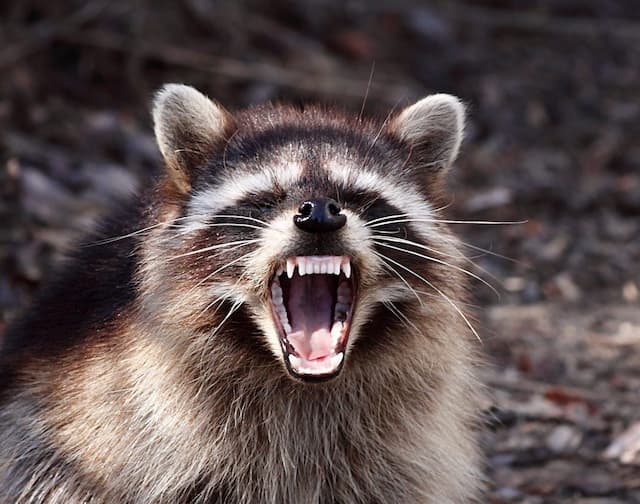Raccoons are intelligent, opportunistic scavengers who will readily investigate your garbage bin in search of food. The best way to go over this and tackle this problem is to hire a wildlife control service in Hamilton That can be a real pain, especially if the racket made by these nocturnal animals overturning your bin and squabbling over the contents disturbs you at night.
And then there’s the mess with which you have to contend in the morning when you discover your trash strewn all over your yard or on the street outside your home.
How to keep raccoons out of your garbage bin
There are several effective ways of keeping the masked raiders out of your garbage bin.
- Keep your garbage indoors or locked in a secure outbuilding until the pick-up day. If you must keep your garbage cans outside, invest in a secure, lockable storage facility.
- Put your garbage out early on the morning of pick-up day, not the night before.
- Invest in animal-proof garbage cans or hang them from walls with a bungee cord or bicycle hook. That will prevent raccoons from tipping the bins over and opening the lids.
- Wash all cans, bottles, and jars before putting them out in the garbage so that the smell doesn’t attract wildlife.
Raccoons trapped in garbage bins
Raccoons are superb climbers and rarely get stuck inside a bin. However, if you do find a raccoon inside your garbage bin and the animal seems bright and alert with no obvious signs of injury, prop the lid open and leave it overnight. Most raccoons will leave the bin overnight. However, there are a few occasions when that might not happen, and you’ll need to intervene.
Baby raccoons in recycling or garbage bins
Some municipalities, including Toronto, use recycling and garbage bins. Unfortunately, these dark, safe, sheltered bins are perfect places for mother raccoons to give birth to their litters of kits in the spring.
If you discover little baby raccoons in your bin, leave them where they are. It’s likely that the mother raccoon will move her babies to an alternative den once she realizes that her family has been discovered.
However, if the raccoons are still there in the morning, prop the lid open and leave it overnight. The chances are that Mom will take the hint and move on, taking her youngsters with her.
Problem teenagers in your recycling or garbage bin
Juvenile, inexperienced raccoons that have just become independent from Mom sometimes get trapped in large recycling or garbage bins. If the raccoons are tiny but furry, are crying, and have their eyes open, you can help!
Gently tip the bin over onto its side and prop the lid open. Leave the raccoon alone. It will most likely leave once darkness falls.
Adult raccoon trapped in a dumpster
Even agile adult raccoons can get trapped inside dumpsters sometimes.
If the raccoon is uninjured, you can provide it with an escape route. Put a ladder or a board into the dumpster or tie a sheet to the dumpster handle and drape it inside. That will enable the raccoon to climb out. Move away from the dumpster and leave the raccoon in peace. When night falls, the animal will most likely leave.
What to do if the raccoon is injured, sick, or won’t leave
Sometimes, a raccoon becomes trapped in your garbage can or inside a dumpster because the animal is sick or injured and has climbed inside, seeking shelter and safety.
Please do not touch the animal or try to handle it or trap it. In Ontario, it is illegal to kill, stress, or relocate wildlife for one kilometre, including raccoons.
Raccoons can suffer from dangerous diseases, including distemper and rabies, and they often carry fleas, lice, and ticks, which could latch onto you or your pets. Also, a raccoon, even a small, juvenile one, that feels trapped or cornered can be extremely aggressive, and you could be badly injured while trying to help the animal.
Contact a wildlife removal specialist right away and ask them to help you. These firms are experts in handling raccoons, and they have the necessary permits and licenses to remove the animals humanely.
In summary
If you discover a raccoon trapped in your garbage bin, do not try to handle the animal or touch it. You can provide a board or sheet that the raccoon could use as an escape ladder, and then leave the animal in peace until the following morning.
If the animal has gone on its way, your problem is solved. However, if not, contact your local wildlife removal specialist to deal with the raccoon for you.

